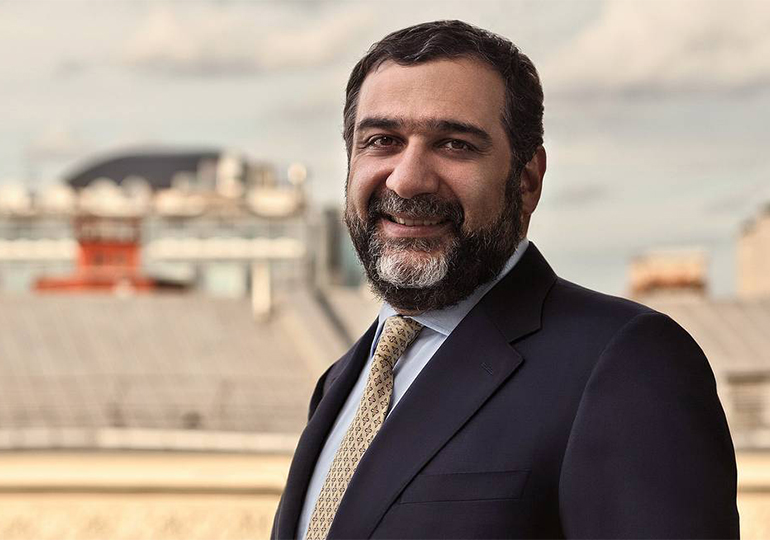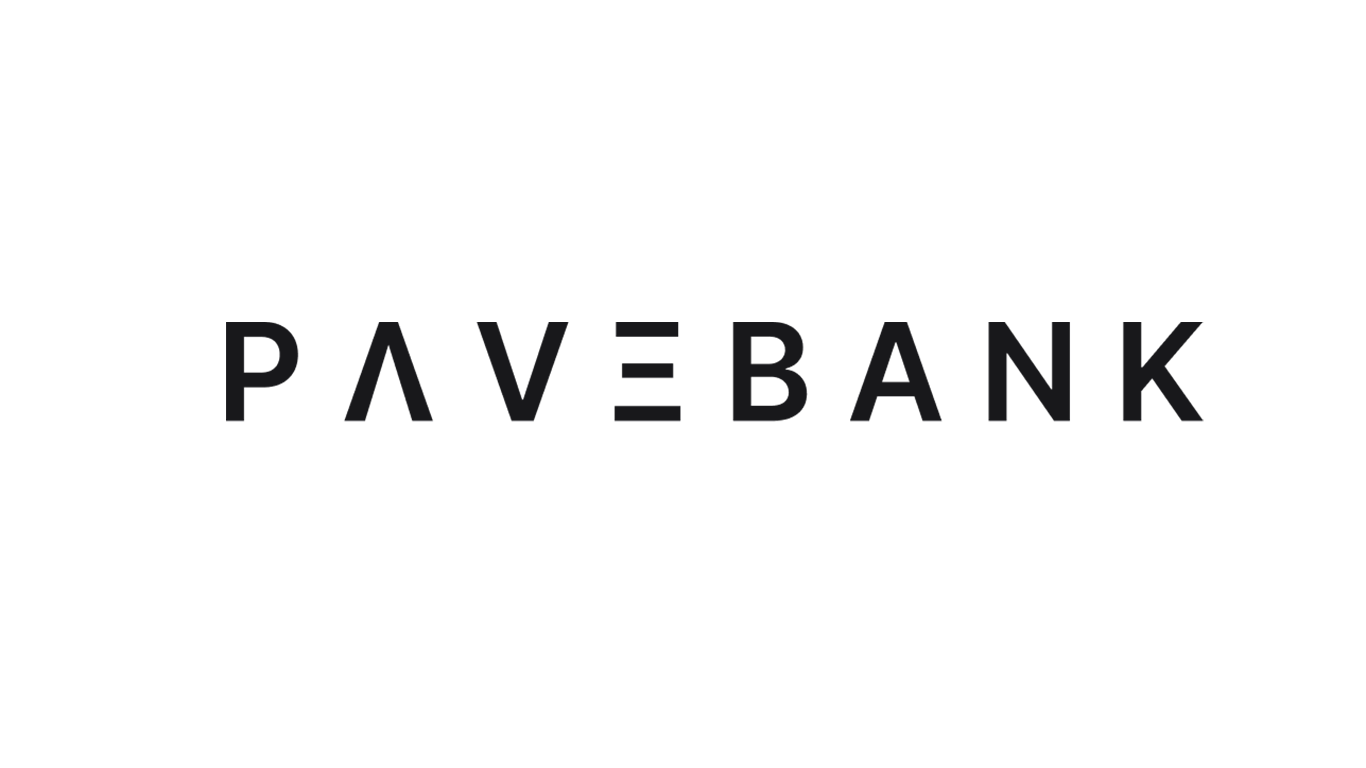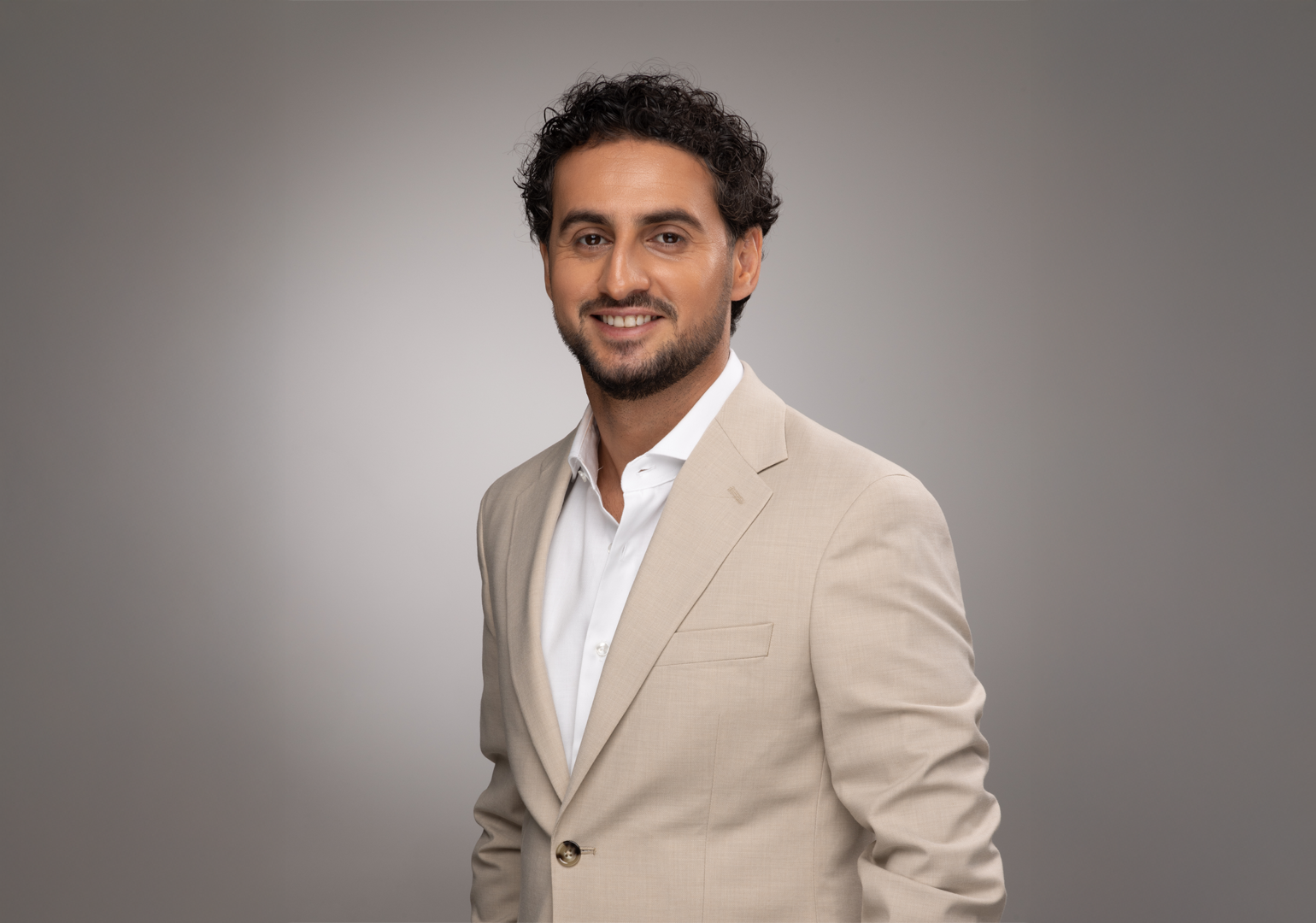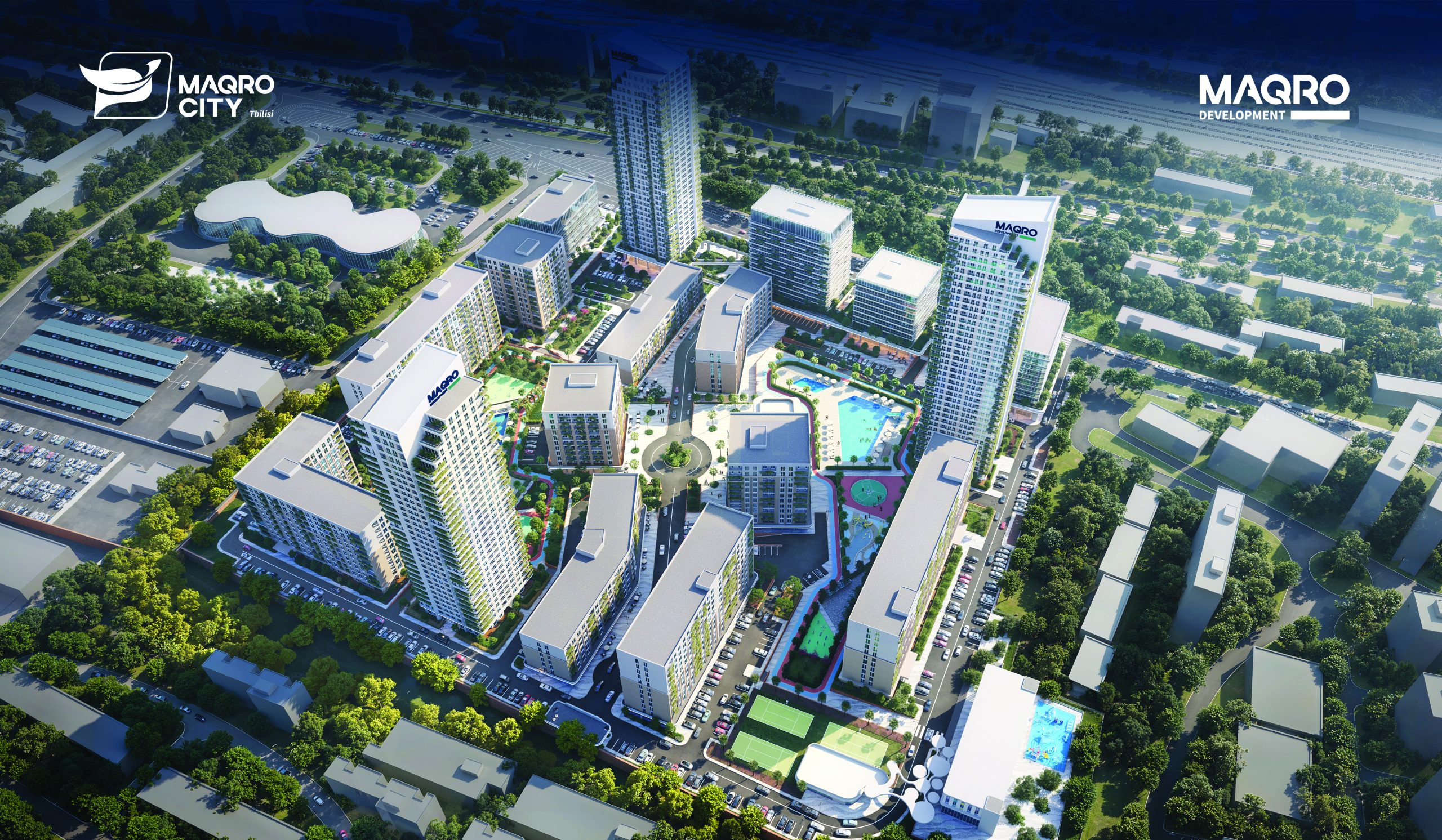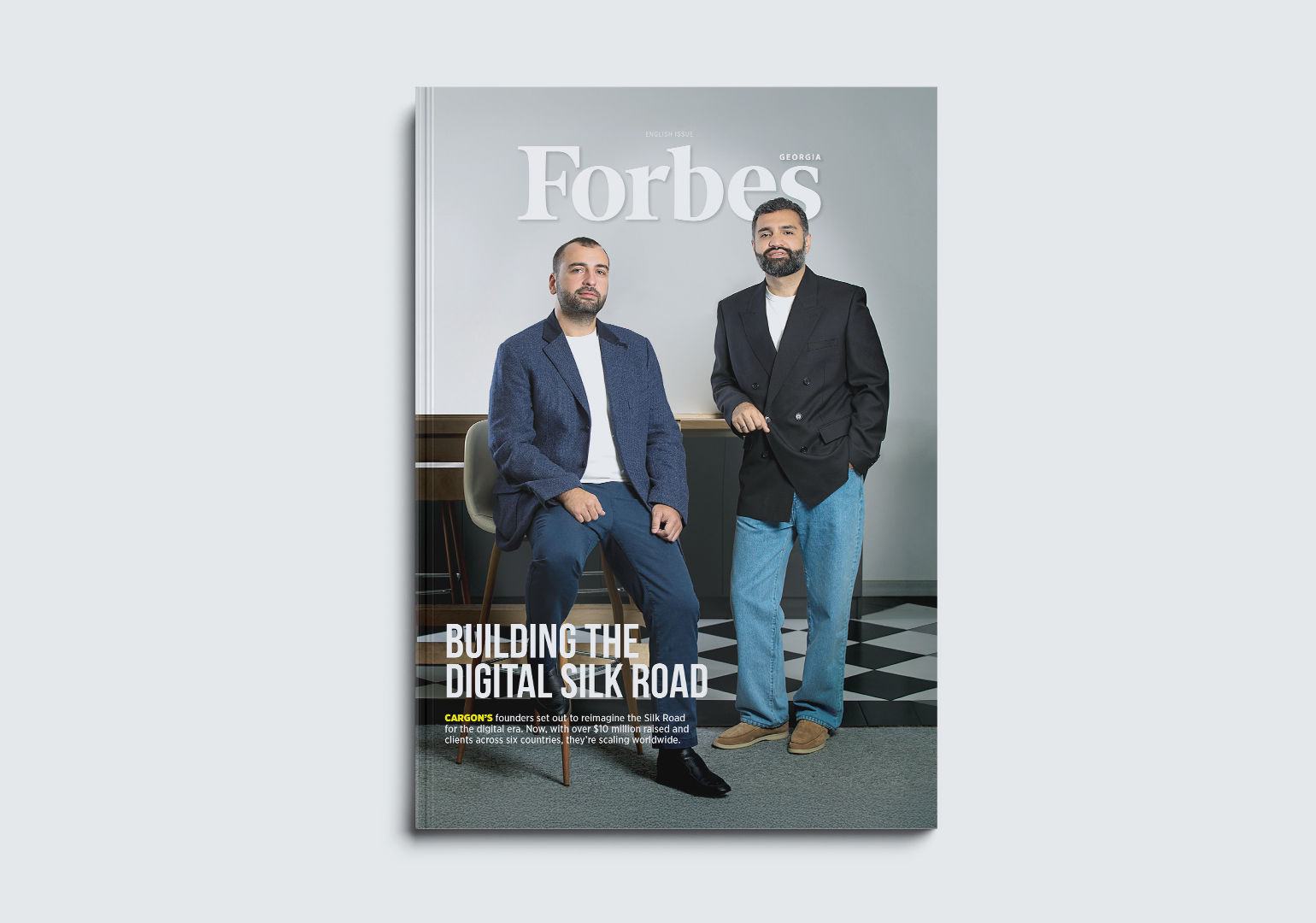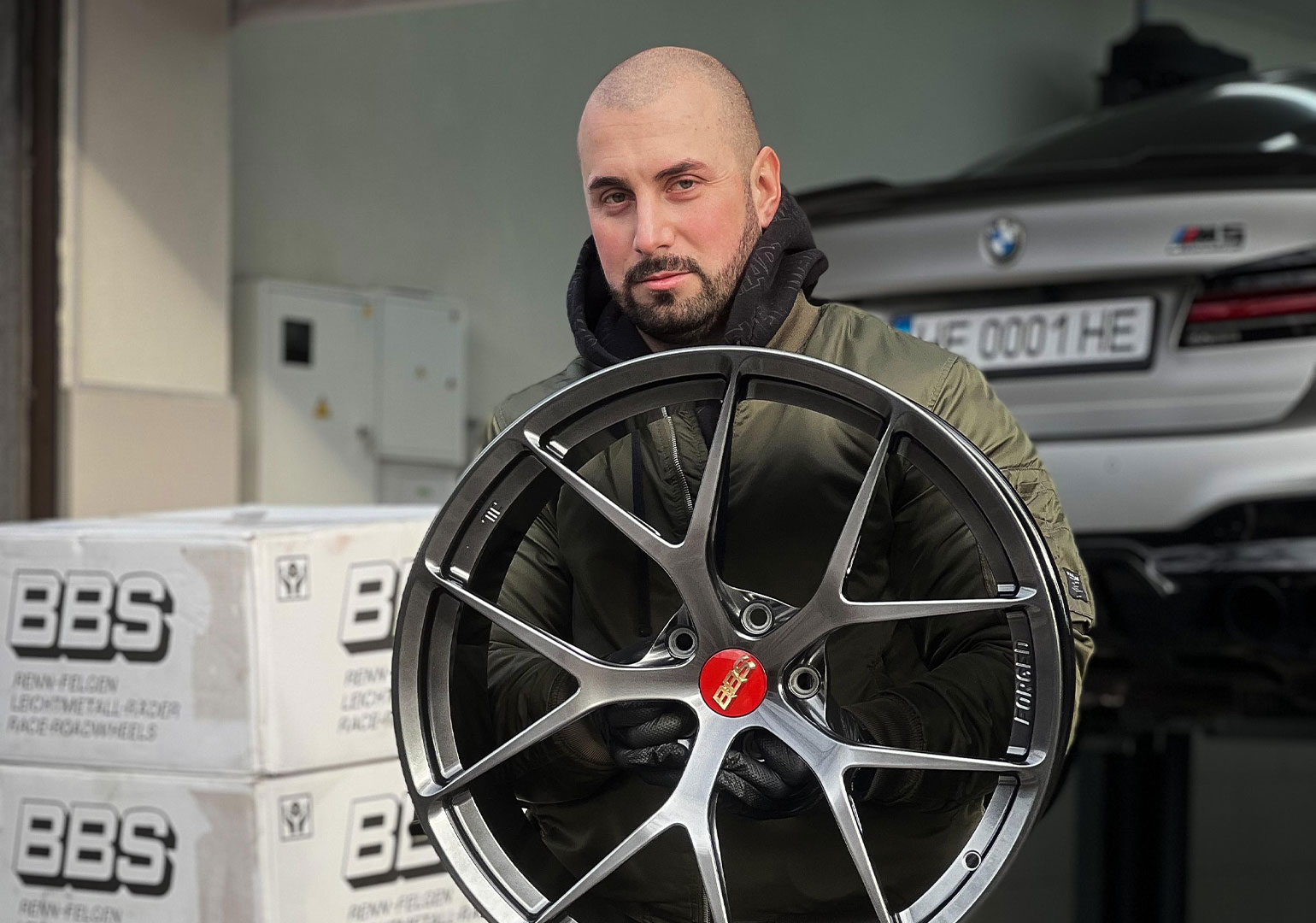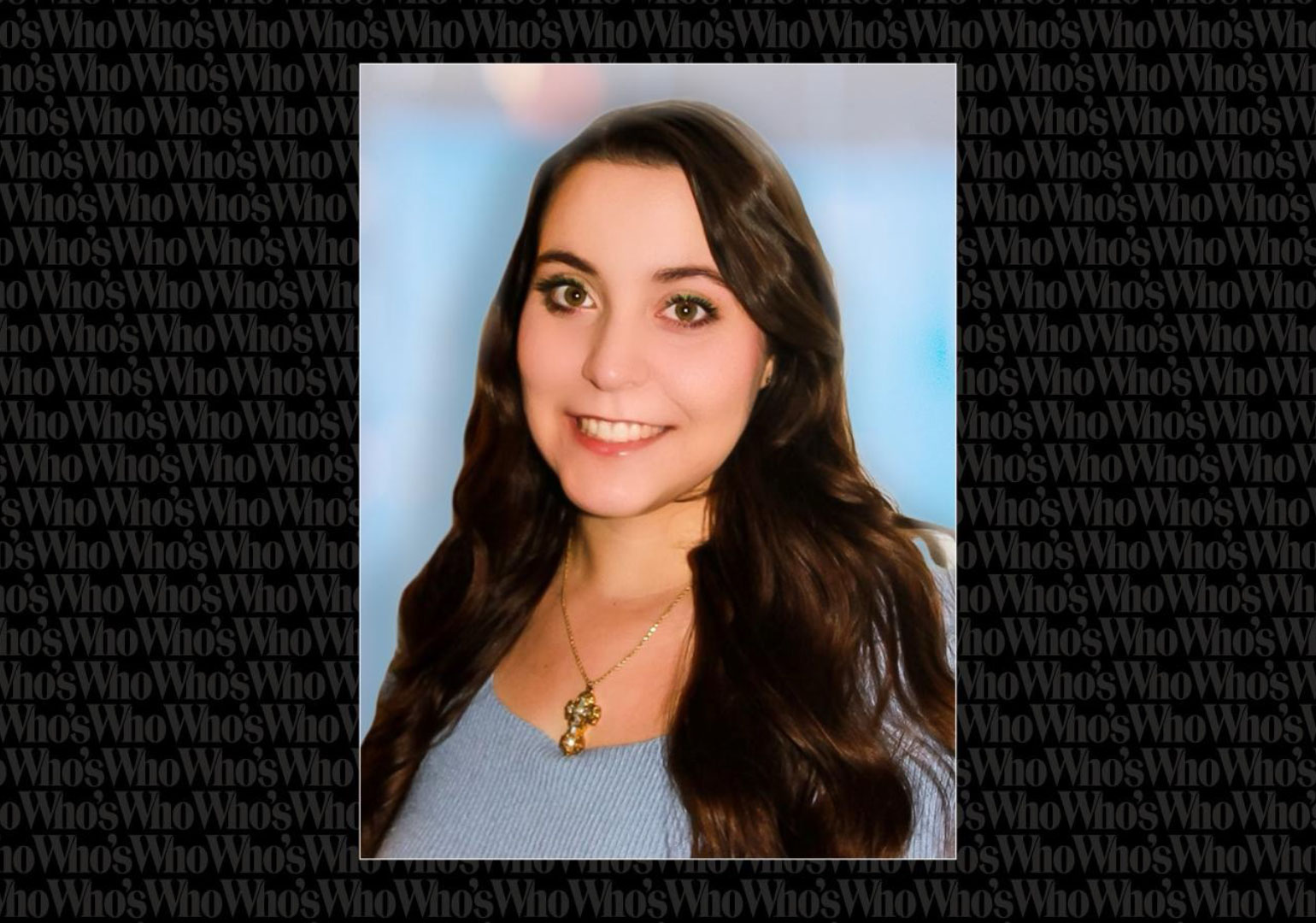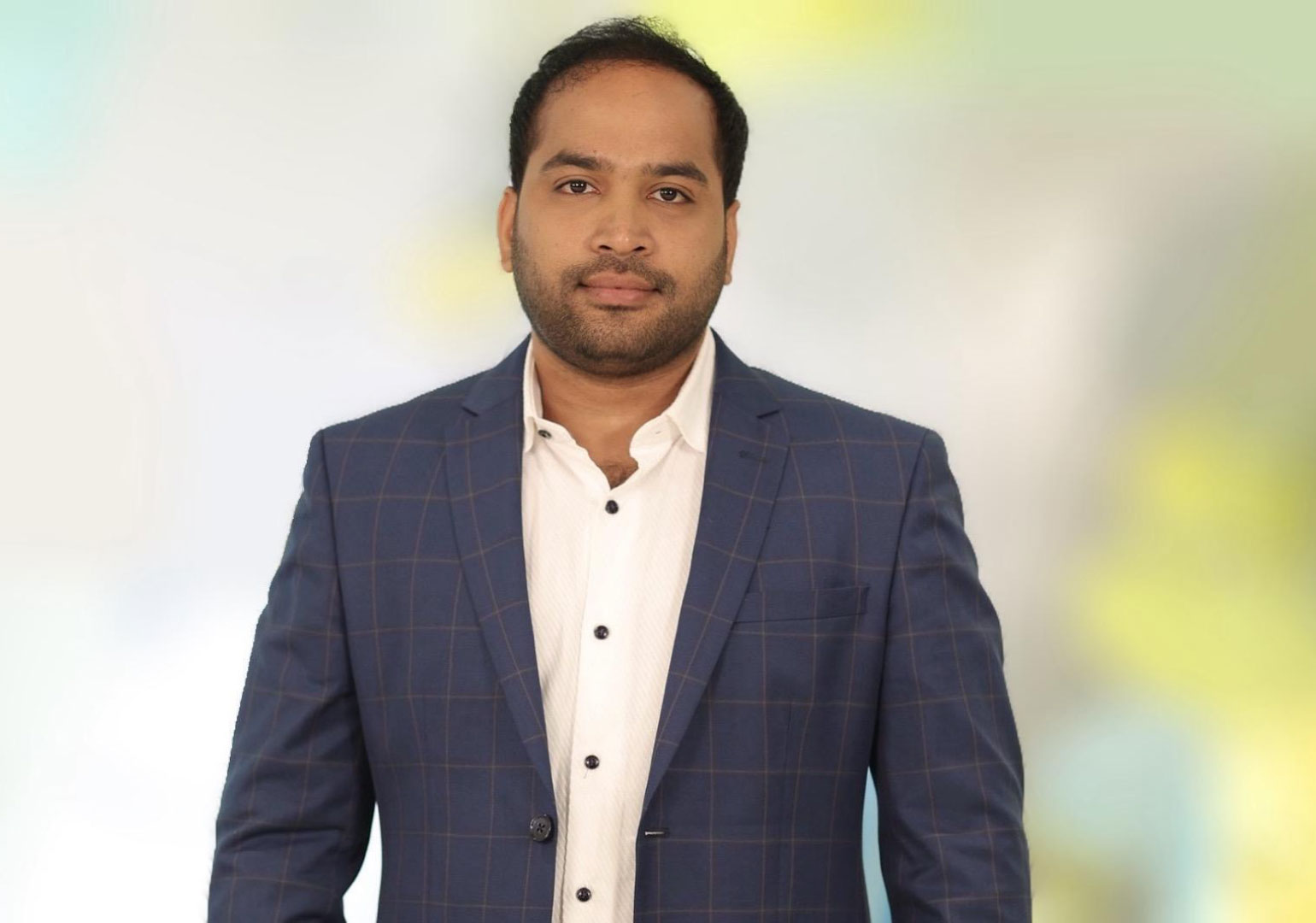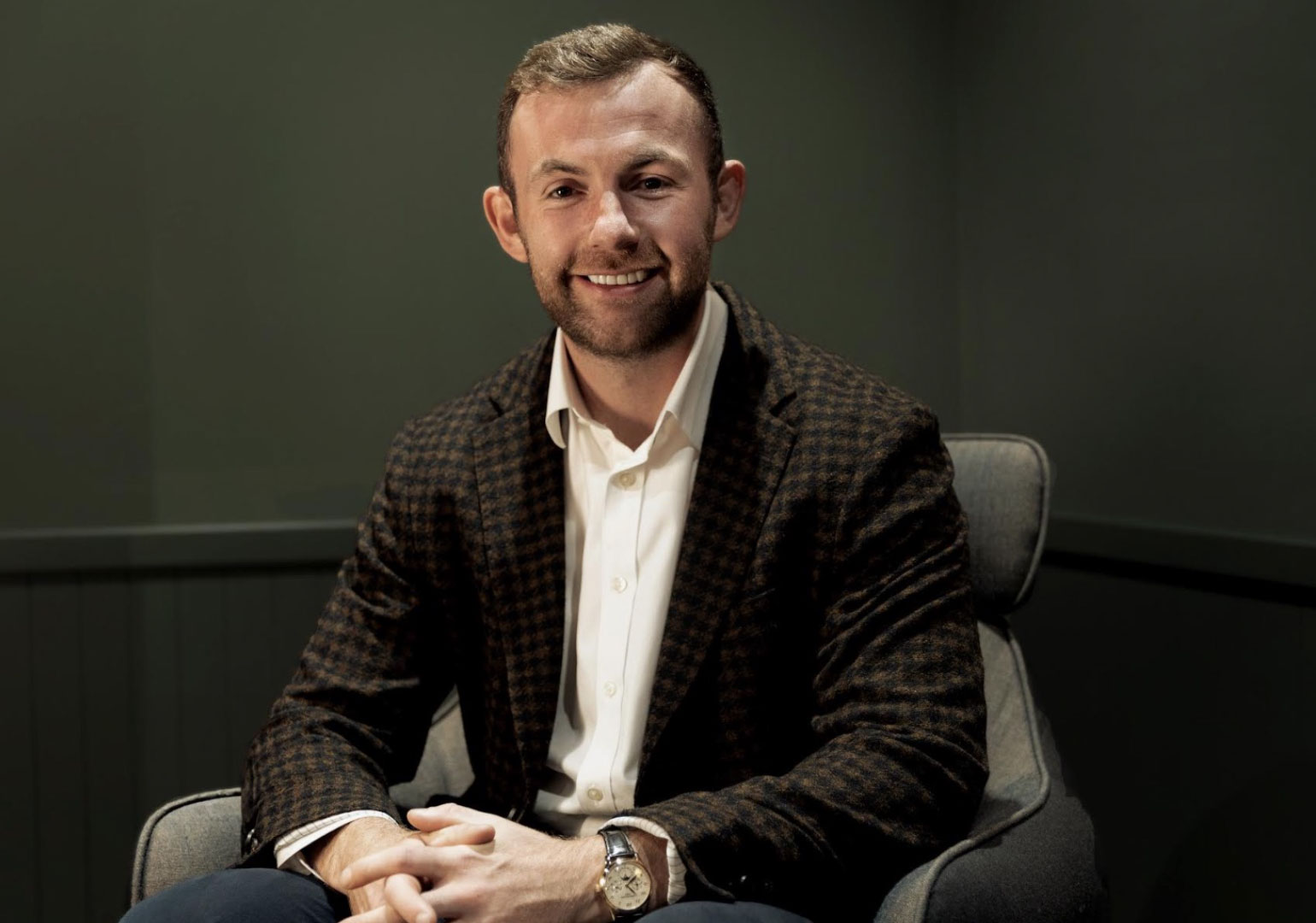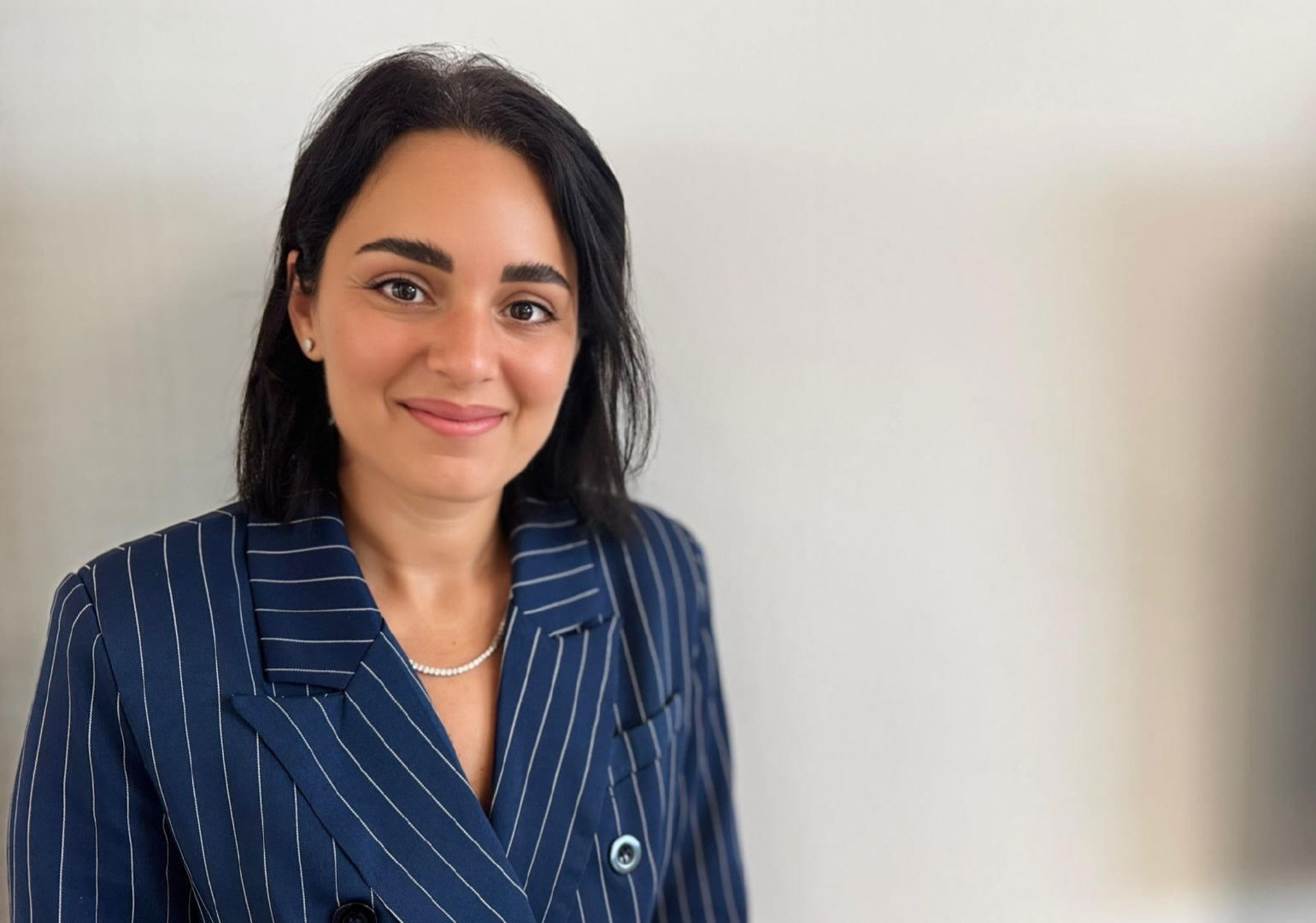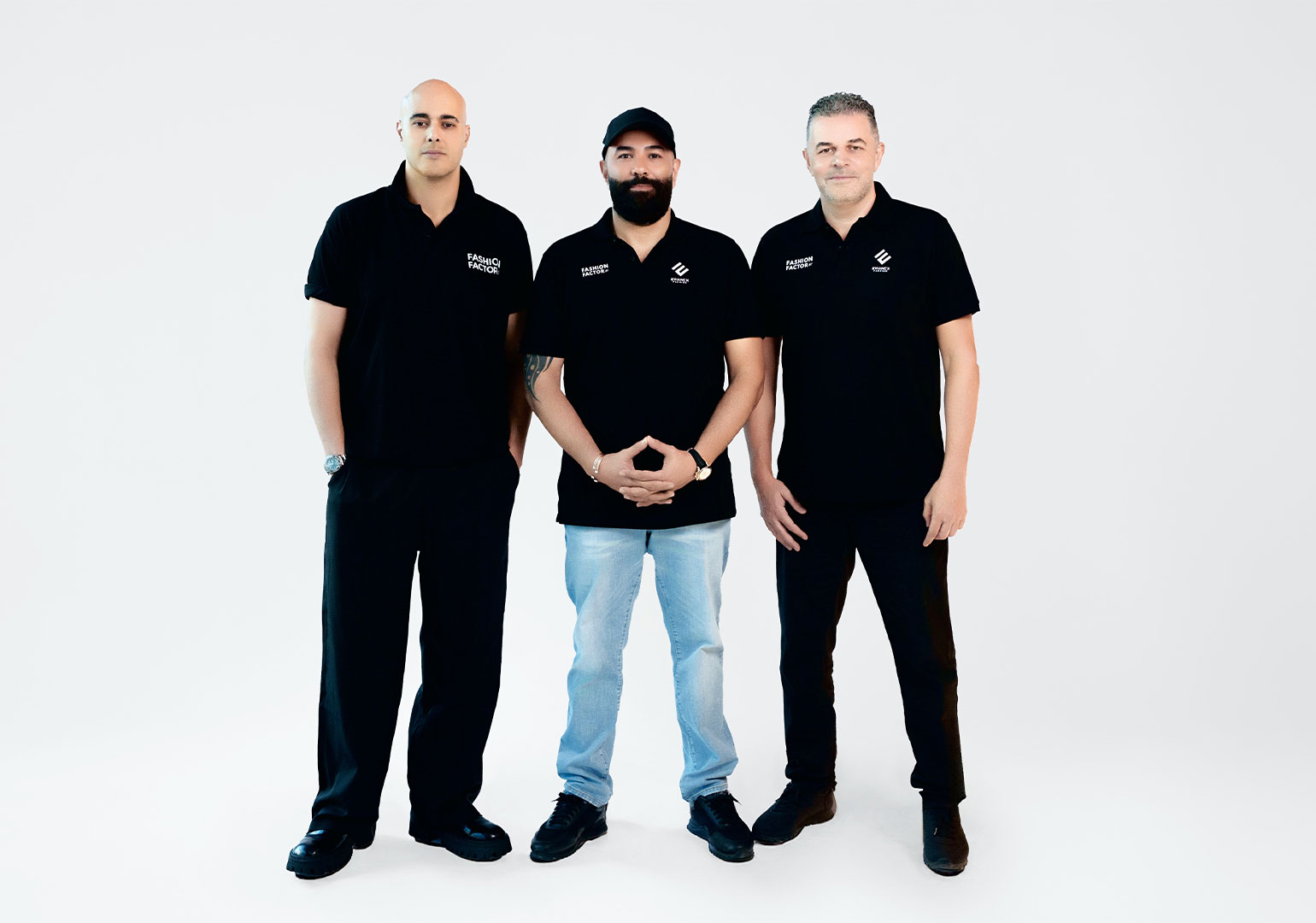“We can increase Armenia’s GDP from $13 billion to $40-50 billion in ten years”
In an interview with Russian Business Consulting Ruben Vardanyan, billionaire, venture philanthropist, investor and “Forbes #116”, speaks about the kind of Armenia that should be built, the phenomena revealed by the public opinion polls, and his readiness to be “both a janitor and a leader” of the country.
On the prevailing sentiments in Armenian society
“First, we must recognize that the war (last autumn 44-day war in the Nagorno-Karabakh conflict zone as a result of which Azerbaijan reclaimed seven regions and part of Nagorno-Karabakh) has left a very deep trace in the minds of Armenians both inside and outside the country. And in that sense, November 9 (when a statement was signed by Armenian, Azerbaijani and Russian leaders to end hostilities) was a cold shower, but also an important moment to understand where we are. On the other hand, it must be said that the state of neither peace nor war in which we had lived before the hostilities, unfortunately, has not changed. There is a ceasefire agreement, and at the same time, some incomprehensible things are happening. Third, of course, is the political crisis that has been unfolding within Armenian society all year long, including various attempts to change the government. It was an important event for all of Armenia and for the Armenian society as a whole, in which, it seems to me, there were quite serious changes. Because the society said: “Yes, the current government has lost the war. The current government is to blame for many of the problems that have arisen. But nevertheless, we don’t want to go back, we don’t want to go back to the past, we think that page has been turned over.”
“We have seen three groups very clearly formed in society. One group, unfortunately, is totally disillusioned with everything, and sees no future, and by and large is totally depressed. The second group said: “I’m in my cabin, I’m hiding, I’m in this bubble where I want to take refuge from all this reality, I don’t want to hear anything.” And the small group that said: “No, we want the change, we want to change. Let’s draw conclusions, let’s do an analysis, what has been done wrong. In the end, let’s quietly analyze, understand the causes, and do whatever it takes to make sure it doesn’t happen again.”
“We have been doing regular surveys with international experts since last December. This is the fourth time we are doing a survey every three months about what is going on in Armenian society. And the result shows that despite the gravity of the situation, including not only military but also economic and pandemic, most people, about 70%, are rather satisfied with their lives than dissatisfied. And this is a phenomenon that was hard to imagine because we see people living very poor lives. It’s a dangerous signal that society is surviving, living every day to survive, that’s all. And it is a state of society from which it is very difficult to get out. People have lost their inner drive as to whether anything can be changed at all.”
On the search for a way out of the impasse
“The country is not changing in a systemic way. And everyone understands that. But what should be done is the last question being asked. What kind of Armenia must we build? How should we in this situation become strong, powerful, happy, with long-term projects? There is almost no discussion on this topic. And this lack of a culture of deep discussions about what kind of society we are building, what kind of country we want to see in a year, five years, ten years, of course, is a big problem because people need to be shown guidelines.”
“There is a lack of statesmanship thinking, which manifests itself in the fact that you, when making a decision about your life, about your future, are guided by several important things: what is important for me, for my family, for my nation and for my country. The lack of understanding that the state is a friend, a partner, an institution with which I can work and cooperate is a great danger, and not only in Armenia. In general, an Armenian says, “I can live anywhere in the world. So we really are a truly unique nation that succeeds in every part of the world, not just in Armenia. But this is both a plus and a minus. Because a person says, “I can easily move to another country, adapt and live there.”
“It’s been 30 years since we gained independence. We have dreamed of a sovereign Armenia for centuries. We got it. And how have we disposed of it? To what extent have we been able to make an effectively sovereign state, which is really a very important magnet for the nation, bringing together very different Armenians from different places around the world, living in different parts of the world? I think that’s a very serious challenge. And when you go through defeat, you have two choices. Either you accept the defeat or you understand what you have to correct, how you have to train again, how to change, what resources you have to use in order to become strong and powerful, to shake yourself up and say: “We want to build a strong state. We want to build an effective relationship between the public sector and the private sector. We want to build effective relations between Armenia and the Diaspora. We want to build an effective relationship between business and society as a whole. We want to build relations between the Church and the state, between people who have very different views on different issues but are united by a common idea for the future.
“We need to look fundamentally differently at what is happening in Armenia. For example, in the near future, realizing that one of the problems in Armenia is education, we are launching a centre for leadership and personal development. Because we think it’s fundamentally important that there is a powerful educational centre, so that Armenia has an opportunity to give an international level of education and in business, in management, in public service, that is, in-state management, at a completely different level. And this is a question, we should have concentrated resources on and done. We are going to launch in the coming week the Center for Strategic Development, which we consider fundamentally important, will involve the best resources both inside and outside Armenia. Projects like this are just necessary so that people feel that this is not just an isolated effort.”
About Ruben Vardanyan and his real aspirations
“Ruben Vardanyan has already been accused of all mortal sins. That I am a new Ivanishvili in Armenia, that I am a Soros in Armenia, that I am a Turkish agent. That was expected since there is a negative attitude towards everything in society.
“Ruben Vardanyan has always been in Armenia all these years. That is, I have no business there, but I have spent a lot of time in Armenia for all 20 years, starting from 2001, when we started the Armenia 2020 project. On average I spend two to three months a year visiting Armenia. I am deeply convinced that in order to change the situation in Armenia, which I am sure can be changed, it’s necessary for the ten best doctors, ten best scientists, ten best businessmen, ten best designers and ten best architects to move to Armenia. And if I’m calling on others, of course, it should apply to me in the first place.”
“Yes, I’m entering Armenian politics. But this is different than just forming a political party, a desire to lead the country. To want to lead a country in its current state is to be an illogical person. Because the country is in a very difficult condition. The real future is completely unclear. Society is completely divided. And in this sense, to take on the responsibility of becoming a leader is to be a very brave and risky person.”
“If that elite that consolidates and considers it the right decision to elect me or someone else – any decision is possible because I am ready to be both a shoemaker for my nation, and a janitor, and a leader.”
“I think the maximum benefit for Ruben Vardanyan is that he could help consolidate people both from the past, from the present, and from the future generation who are also indifferently sitting back and watching.”
On a concrete action program
“We have to make a proper diagnosis of what happened. We have done that, we have very serious work done. We understand all of our illnesses. Secondly, we must unite the efforts of people who are not indifferent and who are ready for change. Then the third thing is to work out together a program that will lead to changes and really give an opportunity to get out of this crisis.
“Now is the second stage. And it is very important. I want people who are not indifferent, who, like me, are ready to sacrifice their well-being, their normal life, their usual way of life, to say: “I’m ready to move to Armenia. I’m ready to stand for my country. I’m ready to join the army and defend Armenia. I am ready to do everything to have peace in Armenia, but at the same time to have strong security. Yes, of course, by uniting, we must work out an agenda, this is also a very important issue, and then it will be clear on this agenda.”
“We have to have a social movement. What we do in the Future Armenian project already unites 108 thousand people from 107 countries. Mostly from Armenia. If it is 500 thousand people, if it is a million, it will already be a serious enough social movement to say: “This is the agenda, and we want to follow this agenda and work.
“We have already created a centre for strategic development, which is developing precisely a program of concrete changes. In the near future, there will be a centre associated with changing the management of the state and in general everything related to the management of future institutions. There are special teams of lawyers there who are working on just how to make the way that needs to be changed. Because it’s not that simple.”
“On the economic front, we can increase our GDP from $13 billion to $40-50 billion within ten years without the heavy fancy stories of finding oil or anything. Just by getting the economy right and all the processes that need to be built up. I strongly believe that we can attract 50,000 families to come to Armenia and add energy and change to the very decent people living there. I am deeply convinced that we can build a very strong army that will not only defend but will also be a driving force of economic changes because it will be technologically a very different army and it will be the army that will order technologies. I’m deeply convinced that we can have an absolutely different level of the positioning of Armenia in the world.”
Source: ARKA.AM
